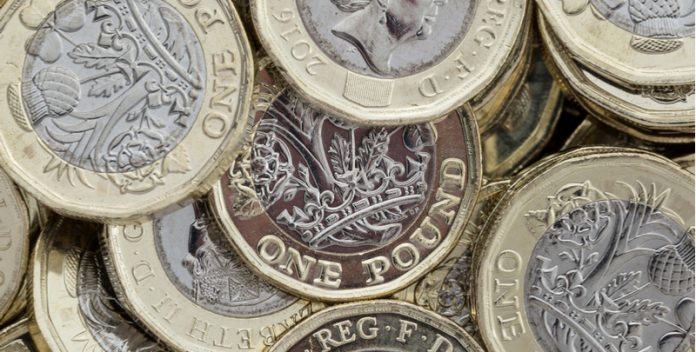The pound euro exchange rate extended gains from the start of the week. In the previous session the pound euro pair climbed steadily higher, although once again this was more a story of euro weakness rather than a particularly strong pound. The pound euro exchange rate increased by a further 0.3%, pushing back above €1.14 for the first time in a week.
| What do these figures mean? |
|---|
|
When measuring the value of a pair of currencies, one set equals 1 unit and the other shows the current equivalent. As the market moves, the amount will vary from minute to minute. For example, it could be written: 1 GBP = 1.13990 EUR Here, £1 is equivalent to approximately €1.14. This specifically measures the pound’s worth against the euro. If the euro amount increases in this pairing, it’s positive for the pound. Or, if you were looking at it the other way around: 1 EUR = 0.87271 GBP In this example, €1 is equivalent to approximately £0.87. This measures the euro’s worth versus the British pound. If the sterling number gets larger, it’s good news for the euro. |
The pound was broadly static on Tuesday, as investors digested more trouble for UK Prime Minister Theresa May and as they wait patiently for the Bank of England rate decision on Thursday. Stories of government infighting over a potential customs partnership with the EU had rocked the boat in the UK Conservative party earlier in the week. On Tuesday, the House of Lords inflicted a fresh blow to Theresa May’s government, challenging her decision to have a fixed date for leaving the EU next year. This is just the next in a series of amendments from the Lords, as May’s position looks increasingly weak and the details of Brexit still looks extremely uncertain.
| How does political risk have impact on a currency? |
|---|
| Political risk drags on the confidence of consumers and businesses alike, which means both corporations and regular households are then less inclined to spend money. The drop in spending, in turn, slows the economy. Foreign investors prefer to invest their money in politically stable countries as well as those with strong economies. Signs that a country is politically or economically less stable will result in foreign investors pulling their money out of the country. This means selling out of the local currency, which then increases its supply and, in turn, devalues the money. |
This week has been very quiet as far as the UK economic calendar is concerned and today is no different, ensuring that market participants remain fixed on the pending BoE rate decision on Thursday. Whilst no rate hike is expected, investors will be watching the quarterly inflation report and growth outlook carefully, especially following the weak GDP reading last month.
Italian Election Concerns Weigh On Euro
The euro has been under pressure this week as data coming out of Germany, the largest economy in the eurozone disappointed, fanning fears that the eurozone economy is starting to slow. Added to this there are growing concerns that an Italy may hold a second election as no coalition has been formed following the elections in March. The fear is that voters may look to the more populist party’s such as 5 Star, which is has been Eurosceptic in the past. A rerun of the elections could see 5 Star, which performed strongly in the first elections, win an outright majority which could be bad news for the euro.
There is no eurozone economic data due for release today. The euro therefore may struggle for direction.
|
This article was initially published on TransferWise.com from the same author. The content at Currency Live is the sole opinion of the authors and in no way reflects the views of TransferWise Inc. |





